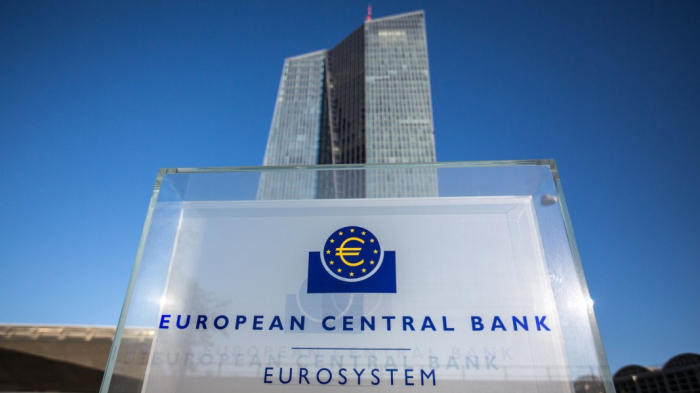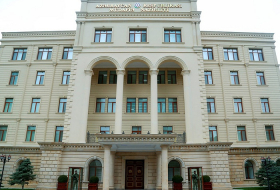Benoît Cœuré told a conference in Brussels on Tuesday that “a central bank digital currency could ensure that citizens remain able to use central bank money even if cash is eventually no longer used”.
Mr Cœuré, who was recently chosen to head a new unit at the Bank for International Settlements to examine central bank-issued digital currencies, starting in January, added: “A digital currency of this sort could take a variety of forms, the benefits and costs of which the ECB and other central banks are currently investigating, being mindful of their broader consequences on financial intermediation.”
Policymakers have realised that Facebook’s controversial plan to launch its own digital currency could end up succeeding — because it meets consumers’ needs. This has prompted them to think harder about how to meet that need themselves.
Under Mr Cœuré’s guidance, the BIS plans to create a central bank digital currency for wholesale use between banks. Venezuela has already launched its own cryptocurrency, the petro, and several national central banks, including those in Sweden, China and Uruguay, are working on issuing digital currencies.
Mark Carney, governor of the Bank of England, suggested in a speech in August that a new “synthetic” currency issued by a network of central banks’ digital currencies could potentially gradually replace the dominance of the US dollar in international transactions.
Mr Cœuré raised concerns about the “untested nature” of private sector stablecoin initiatives, such as Facebook’s Libra coin.
“Global stablecoin arrangements . . . raise potential risks across a broad range of policy domains, such as legal certainty, investor protection, financial stability and compliance with anti-money laundering requirements,” he said. “Public authorities have made clear that the bar will be set very high for these stablecoin initiatives to be allowed to operate.”
Seeking to downplay concerns about the impact on the commercial banking sector, Mr Cœuré said: “Potential central bank initiatives should not discourage or crowd out private market-led solutions for fast and efficient retail payments in the euro area.”
He also urged European banks to step up their work on developing their own payment platforms, saying that “Europe is at risk of losing its economic edge” by relying too much on US and Asian alternatives.
“Country-specific solutions lack the necessary size and scale, and national fragmentation has paralysed competition and stifled innovation on the pan-European level,” said Mr Cœuré. “In the worst-case scenario, this may endanger the autonomy of European payment systems.”
More than two-thirds of non-cash payments in Europe are made using foreign-run card schemes, he said. The European payment card market is dominated by Visa and Mastercard, while Amazon, Apple and PayPal are taking market share. Chinese companies, such as Alipay and China UnionPay, are also expanding in Europe.
“The rising challenges to our global governance system have contributed to the belief that the EU may be more exposed to the risk that the monetary power of others is not used in its best interests, or is even used against it,” Mr Cœuré added.
Welcoming a plan by about 20 large European banks to develop “a true pan-European retail payment solution”, Mr Cœuré said the ECB would work on clearing potential obstacles, such as the interoperability of systems to clear instant payments across borders in the eurozone.
The new plan — dubbed the Pan European Payment System Initiative, or Pepsi — would provide a European rival to the likes of PayPal and Apple Pay by allowing Europeans to make cashless payments to each other instantly. Its founding members include BNP Paribas and Deutsche Bank.
Financial Times
More about: ECB













-1747837442.jpg&h=190&w=280&zc=1&q=100)


































